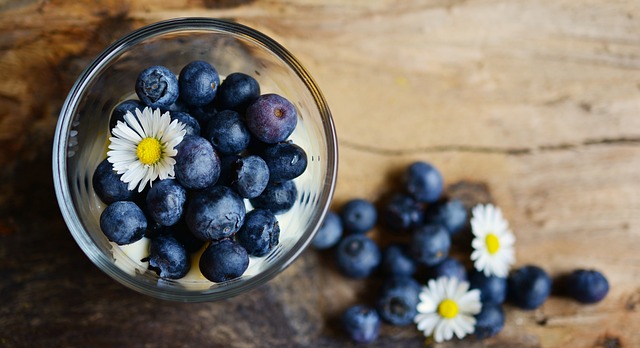Probiotics are more than just a buzzword in the world of health and wellness. These microorganisms have been shown to have powerful effects on the gut, and emerging research suggests they could also play a role in promoting mental health.
What Are Probiotics?
Probiotics are live microorganisms that are similar to the beneficial bacteria found naturally in the human gut. These “good” bacteria can help keep the digestive system healthy by preventing the growth of harmful bacteria, improving nutrient absorption, and producing beneficial compounds such as short-chain fatty acids.
While probiotics are found in certain foods such as yogurt, kefir, and sauerkraut, many people take them in supplement form to boost their gut health. Different strains of probiotics have different potential health benefits, making it important to choose a supplement that contains the right strains for your specific needs.
The Gut-Brain Connection
It’s long been known that there is a connection between the gut and the brain. Even thinking about food can cause the release of digestive enzymes, and stress can cause stomach and bowel issues. But recent research is shedding light on just how important this connection is for overall health, including mental health.
The gut is home to trillions of microorganisms, collectively known as the gut microbiome. These microorganisms play a critical role in digestion and overall health, and researchers are discovering that they may also play a role in modulating mood, behavior, and mental health.
One way that the gut microbiome may influence the brain is through the gut-brain axis. This is a bidirectional communication pathway between the gut and the brain, which allows them to influence each other’s function in real-time.
The gut microbiome can also produce neurotransmitters such as serotonin and dopamine, which are important for regulating mood and behavior. In fact, research has found that up to 90% of the body’s serotonin is produced in the gut.
Probiotics for Mental Health
The idea that probiotics could influence mental health is still relatively new, and more research is needed to fully understand the potential mechanisms involved. However, some preliminary studies suggest that probiotics may offer benefits for those struggling with mood disorders such as depression and anxiety.
One study published in the journal Gut Microbes found that a specific strain of probiotics called Bifidobacterium longum was able to reduce symptoms of depression and anxiety in participants. Another study published in the Journal of Psychiatric Research found that supplementing with a combination of Lactobacillus helveticus and Bifidobacterium longum improved symptoms of anxiety and depression in participants with major depressive disorder.
While these studies are promising, more research is needed to fully understand how probiotics impact mental health. It’s also worth noting that the effects of probiotics may vary depending on the specific strain(s) used and the individual taking them.
Tips for Incorporating Probiotics into Your Diet
If you’re interested in boosting your gut health with probiotics, there are many ways to incorporate them into your diet.
- Eat fermented foods: Foods like yogurt, kefir, sauerkraut, kimchi, and miso all contain probiotics.
- Take a probiotic supplement: Look for a supplement containing at least 1 billion CFUs (colony-forming units) of a variety of different strains.
- Choose prebiotic foods: Prebiotics are nondigestible fibers that feed the “good” bacteria in your gut. Foods high in prebiotics include garlic, onion, leeks, asparagus, bananas, and oats.
- Avoid antibiotics when possible: Antibiotics can kill off both the bad and the good bacteria in your gut. If you do need to take antibiotics, consider taking a probiotic supplement as well to help replenish your gut microbiome.
The Bottom Line
Probiotics have been touted for their ability to promote gut health, but emerging research suggests they could also play a role in promoting mental health. While more research is needed to fully understand this connection, incorporating probiotics into your diet through fermented foods or supplements could be a simple, natural way to support both your gut and your brain.







